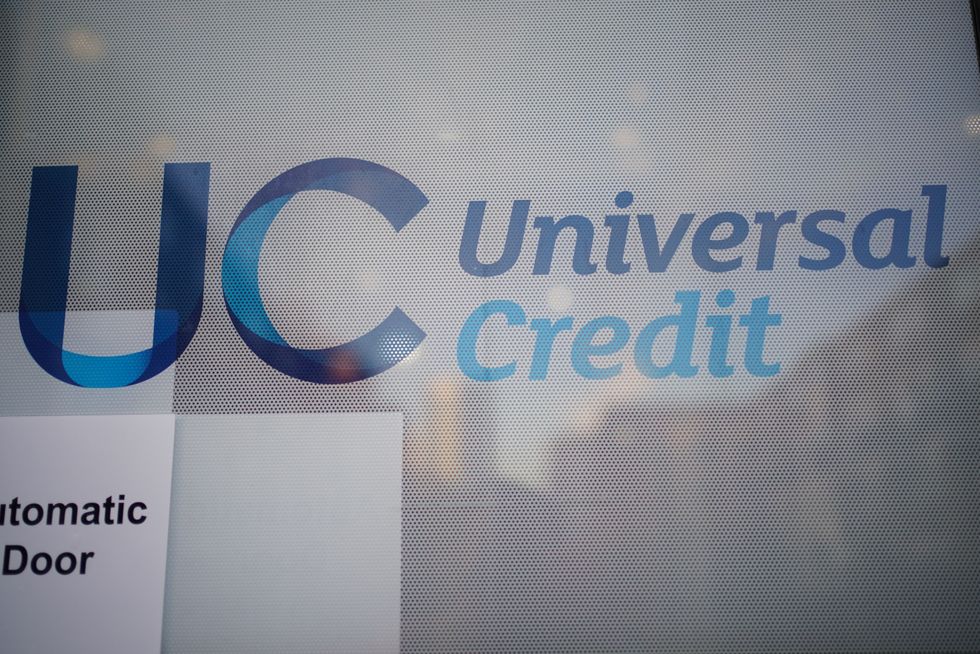



Millions of households across Britain are set to receive a festive financial boost from the Department for Work and Pensions.
The £10 Christmas bonus will be paid automatically to people claiming certain benefits during the first week of December.
The payment has been in place since the 1970s and has remained at the same rate for decades.
Recipients do not need to apply, as the money is deposited directly into eligible accounts. Bank statements will show the payment under the code "DWP XB."
To qualify, people must be claiming one of 24 eligible benefits before December begins.

To qualify, people must be claiming one of 24 eligible benefits before December begins
|GETTY/PA
The payment will arrive during the first full week of December. This year that means between December 1 and December 7.
Anyone who believes they should receive the payment but does not see it in their account is advised to contact their local Jobcentre Plus or pension centre.
Additional support is also available this winter.

State Pensioners are among the eligible
| GETTYThe Warm Home Discount reduces electricity bills by £150 for people on low incomes, though this is applied directly to energy accounts rather than bank balances.
Cold weather payments provide £25 for every week temperatures remain at freezing or below.
These payments are made automatically to those on qualifying benefits such as Universal Credit or pension credit.
The Household Support Fund is also available. Councils across England have been given £742million to distribute, with some households receiving up to £500 towards essential costs.

These payments are made automatically - including to those on Universal Credit
| PACouncils run the scheme differently depending on local needs, but support is typically directed towards people on low incomes or benefits.
Households are also encouraged to look for simple ways to cut energy use this winter.
Reducing the thermostat by just one degree could save more than £170 annually, while switching off unused lights and appliances can save around £20.
Smart meters can help people track energy use more accurately, and comparing tariffs may also lead to savings if existing fixed deals have ended.
